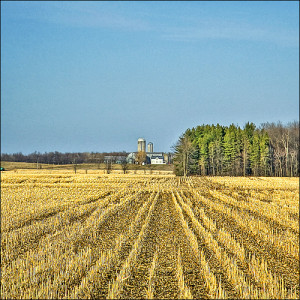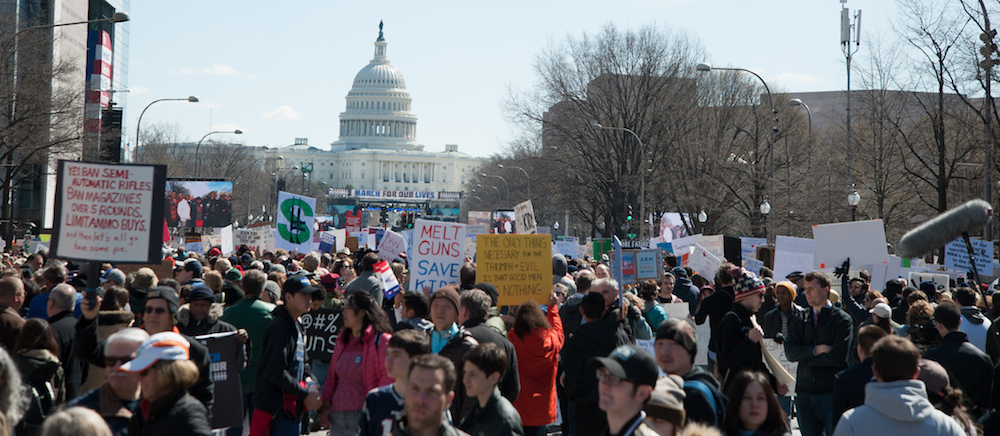 Ross Douthat recently linked the rise of suicide rates in the United States with the erosion of small communities and traditional institutions. Douthat went on to cite Rod Dreher’s recent book The Little Way of Ruthie Leming as a picture of how community can instill hope and purpose in a person when they are being beaten down by one difficulty or another. In a follow-up post, Douthat honed in on one particular question, which is how fidelity to a place relates to our identity in a local community:
Ross Douthat recently linked the rise of suicide rates in the United States with the erosion of small communities and traditional institutions. Douthat went on to cite Rod Dreher’s recent book The Little Way of Ruthie Leming as a picture of how community can instill hope and purpose in a person when they are being beaten down by one difficulty or another. In a follow-up post, Douthat honed in on one particular question, which is how fidelity to a place relates to our identity in a local community:
As a sympathetic but also sometimes skeptical observer of the “Front Porch Republic” style of conservatism, I think the distinction suggested here — between a philosophy of rootedness and a philosophy that just stresses “place” in general or idolizes the rural life in particular — is central to Porcherism’s ability to offer a realistic response to the ills of contemporary American life. A communitarianism that just suggests that everyone should find their own St. Francisville is obviously unresponsive to the reality of a post-agrarian society, but a communitarianism that just tells people to “stay put!” more generally, whether in cities or suburbs or exurbs, is likewise insufficient … because to a surprising extent, Americans are already doing just that. …
So they/we need a story of what’s going on here. Is it that people are staying in place in an attempt to compensate for turmoil in their personal lives — divorced dads sticking near their kids, single mothers relying on grandparents for childcare — and our communities would be in even worse shape if Americans were moving around at the rate they did in 1980? Is it that strong communities ultimately depend on jobs and rising wages, and so we actually need people to move a little more in order to boost their economic prospects? (And is mass homeownership, in particular, a case where the desire for rootedness has had perverse effects, anchoring people to bad investments and creating stresses that no amount of neighborliness can solve?) Or is it that the flawed design of many of our communities — particularly the suburban and exurban sprawl that James Howard Kunstler famously dubbed the “geography of nowhere” — simply makes it impossible for people to put down real roots no matter how long they stay?
One of the difficulties with much of the rhetoric surrounding place and localism is that it assumes a certain cultural understanding of community without often explicitly addressing the point. This is the problem you run into, for instance, with people who have read nothing by Wendell Berry except his essays. If the only thing you read is The Unsettling of America Berry may well come off as an angry white environmentalist with a shocking streak of naivete. But if you read Jayber Crow, A Place on Earth, or Fidelity, you begin to become acquainted with the entire world associated with the place of Port William and you begin to understand that the place is more than just a physical place, but an entire world and culture marked by certain long-held-and-now-forgotten beliefs. Because localists fail to make these cultural characteristics more explicit, they can come off as saying “If people just moved back home, everything would be better,” but that isn’t quite the claim being made. (There is a further problem here, of course, with a younger set of localists who arrive at the position for purely ecological reasons and have no actual first-hand experience with the culture of localism.)
Login to read more
Sign in or create a free account to access Subscriber-only content.
